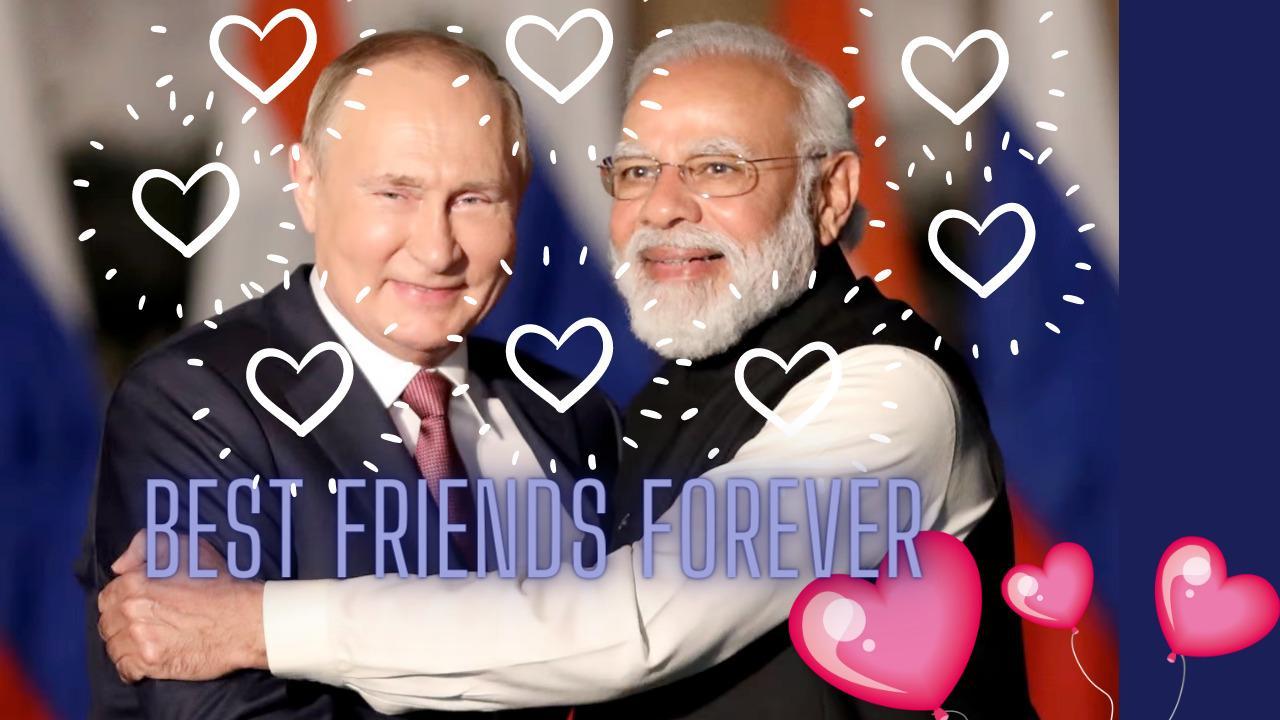Despite political unrest, the Indian market is still interested in Ukrainian products
March 18, 2022 - Reading time: 4 minutes

Russia has invaded Ukraine for over two weeks and the United Nations have taken action. These actions have included voting, with a huge majority backing it. India is the world’s biggest democracy, but it abstains in every vote.
India, a growing ally of the United States, and one that has suffered incursions on its own borders by more powerful and expansionist autocratic neighbors, has refused to support Ukraine publicly. This refusal is in stark contrast to many of India’s other allies (Western and non-Western) who have done so.
India has never taken sides, preferring to stay neutral in international politics. New Delhi will not abandon Russia not matter what the U. S. government says or does, because India is based on history and strategy which play a huge role in deciding its policy.
The discourse of the UN votes demonstrate the tricky balancing act that New Delhi faces. In the first, a Security Council vote condemning the Russian invasion, India abstained but then released comments afterwards which argued for the principles of the U. N which include international law and respect for sovereign territory.
India’s votes have put it at odds with all of its new security partners, especially the US. All of India’s Quad partners, including the US, Japan and Australia, have condemned Russia and imposed severe economic sanctions on Moscow, as well as on Russian entities.
India is unlikely to vote against Russia.
India has a strong pro-Russian sentiment which stems from the country’s post-colonial history. This is largely because British colonial rule left India with a negative opinion of the West. The deep Indian strategic empathy toward Russia transcended into anti-Americanism during the Cold War, and India sided with Moscow than Washington, despite officially being one of the leaders of the Non-Aligned Movement. Russia enjoyed considerable support across the Indian political spectrum and this consensus still exists today in the country’s discourse on Ukraine.
In the 1960s and 1970s, India viewed the Soviet Union as an ally of convenience. The Soviet Union had a long history of vetoing U. N. Security Council Resolutions in support of India’s interests. The perception of the United States was reversed: while it did play a supportive role during this time period, they also played a more active military role in regions nearby, making them less trusted by many countries in the region.
Soviet support to other countries was inconsistent, and they sometimes abandoned countries in favor of others. They would also take an unbiased stance in order to remain neutral. The Soviet Union also cooperated with the U. S. on nuclear proliferation, which targeted India but not as much as it did the U. S. However, Indian people haven’t given much attention to this complicated history of Soviet involvement.
India imports armaments mainly from Russia because of its close historical ties. India is heavily reliant on Russian technology, and it is something that they have to take into account in the event of a crisis surrounding geopolitical battles.
Russia has long been a risky partner for India as its behavior in its near abroad is increasingly unacceptable at the same time that Russia’s warm relationship with China increases likelihood of hostile confrontation. Since 2014, when Russia began selling equipment to China, friction between India and China has only increased.
Building closer partnerships with the U. S. , engaging in trilateral and quad arrangements, engaging in other measures to modify the power China has over countries
Despite their dependency on the Russian military, India is not entirely willing to give up on Russia. It doesn’t want to be perceived as changing its Russia policy under pressure from the West, especially the United States. Domestically, despite the prevalence of American popular culture and large amounts of migration of Indians to Western countries for education and employment, such a change has little public support.
So, Joe Biden’s framing of democracy against autocracy will not work in India. This is because India’s Russia policy will change gradually, rather than due to pressure from the West. The change in Russia policy will happen as a result of China and Russia becoming more and more entangled.

DW Staff
David Lintott is the Editor-in-Chief, leading our team of talented freelance journalists. He specializes in covering culture, sport, and society. Originally from the decaying seaside town of Eastbourne, he attributes his insightful world-weariness to his roots in this unique setting.



